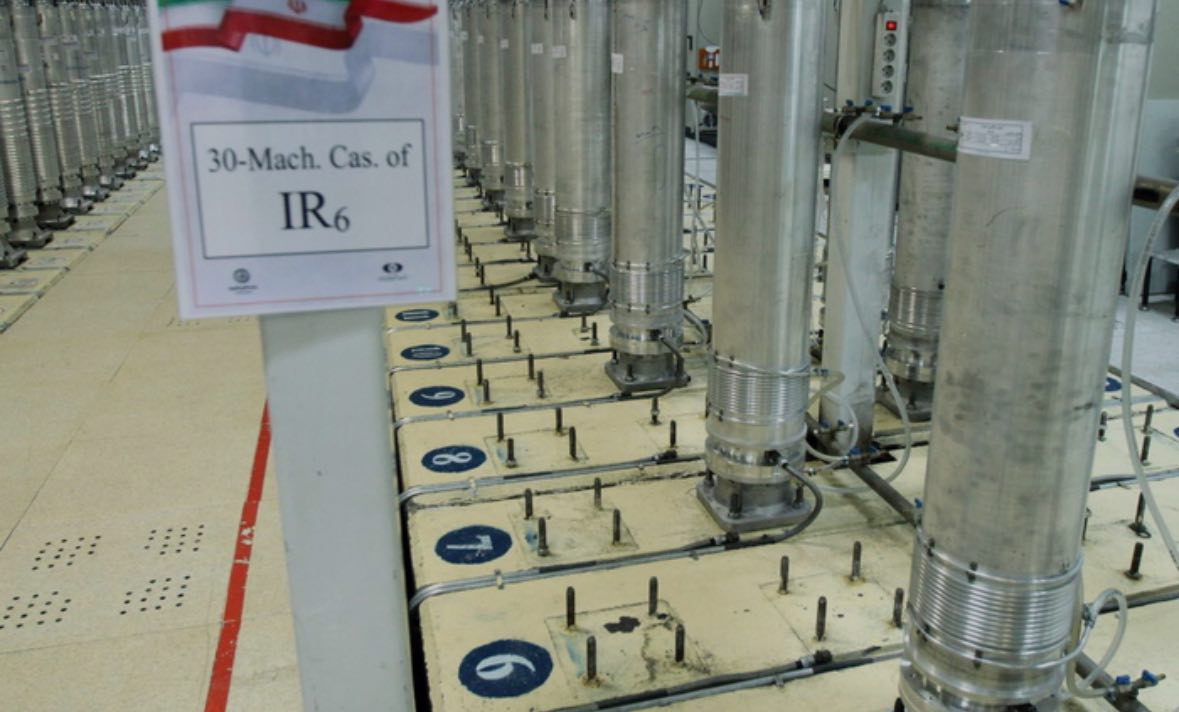Enrichment: Bargaining Leverage or Issue
Enrichment: Bargaining Leverage or Issue
Statements from officials of the two countries over the past three weeks, as well as the most significant outcomes of the five recent rounds of negotiations between Iran and the United States, have left no doubt that, as in the past twenty-some years, enrichment in Iran is the main issue in the relationship between Iran and the West.
The news of enrichment at the Natanz facility in August 2002 led to a series of negotiations between Iran and three European countries.
In the Saadabad statement of October 2003 and the Paris statement of November 2004, it was stated that Iran voluntarily agreed to suspend enrichment and related activities for confidence-building purposes, and it was added that enrichment as part of a peaceful nuclear industry is the right of all countries.
After the West did not fulfill its commitments in the areas of nuclear, economic, and political-security cooperation, Iran resumed enrichment in August 2005.
In February 2006, the IAEA Board of Governors referred Iran’s case to the UN Security Council, and in August 2006, through Resolution 1696 with the affirmative votes of China and Russia, the Council demanded the suspension of enrichment in Iran.
During this period, the Bush administration had turned the suspension of enrichment in Iran into a precondition for negotiations with Tehran, and this precondition continued until the Obama administration.
The JCPOA and its approval by the Security Council resolved the issue of official acceptance of enrichment in Iran, but it severely limited it to 3.67% and capped the stockpile of enriched uranium at 300 kilograms.
The 22-year trajectory of the enrichment story has reached its most sensitive historical point, and this sensitivity has been exacerbated by many other developments. In this period, although Iran made commendable progress in the field of enrichment, progress in other technologies faced difficulties due to sanctions.
The Western argument still is that Iran does not need enrichment for peaceful energy production, as the fuel for the Bushehr power plant is supplied by Russia.
In contrast, Iran has always emphasized, along with the leader’s fatwa against building a nuclear bomb, that enrichment as an industry is Iran’s right and is not prohibited under the Non-Proliferation Treaty, and although Iran does not currently have an urgent need for it, the development of this industry is necessary.
With Trump’s withdrawal from the JCPOA in May 2018, while European, Chinese, and Russian political support for the JCPOA continued, Iran resumed unlimited enrichment based on compensatory actions, and this again became the main issue in relations with the West.
During Trump’s second administration, before May 4, we faced contradictions and fluctuations in the positions of Trump’s team, but on that date, Trump changed the conditions in an interview with NBC by talking about the complete dismantling of Iran’s nuclear program.
Since then, all American officials have unanimously spoken of zero enrichment in Iran. Now the question is whether there is a possibility of modifying the U.S. position on enrichment.
The issue is that the Trump administration is facing opposition to enrichment in Iran due to pressure from Israel on one side and pressure from its voter base and various hardline factions, including evangelical Christians, on the other side.
Recently, all American senators except Rand Paul and 177 members of the House of Representatives wrote a letter to Trump demanding his opposition to enrichment in Iran. Conversely, in Iran, there are also serious oppositions to halting enrichment, and the regime’s hands are not very free in this matter. In such circumstances, creativity and initiative might be the solution.
In this regard, apparently, Oman’s ideas could provide a suitable foundation for flexibility from both sides.
These ideas might include the temporary and limited suspension of enrichment while preserving technical structures, shelving the enrichment discussion and focusing on other issues, building trust through this approach, reaching a temporary agreement regarding reducing the level of enrichment and the amount of uranium in the country in exchange for reducing some sanctions.
Therefore, if we consider the priority to be the continuation of negotiations and preventing their halt, both parties should ideally show the necessary flexibility regarding Oman’s ideas.
Trump is increasingly focusing on the economy, preventing oil price increases, and achieving a foreign policy accomplishment, and for this reason, he should seriously seek to avoid war and prevent Israeli adventurism.
Iran should also ideally see the necessity to focus on a range of economic-social problems, including imbalances and entirely new conditions in the region, problems that could be exacerbated if tensions and sanctions continue.
In such circumstances, our officials might also want to consider a cost-benefit analysis and focus on the really existing problems.
Only in this way can there be hope for saving the negotiations and finding a solution.

